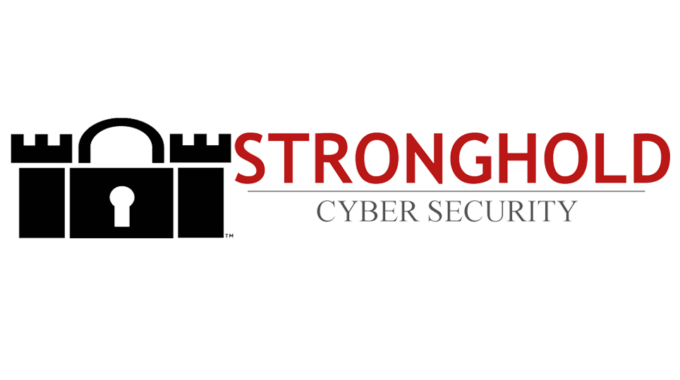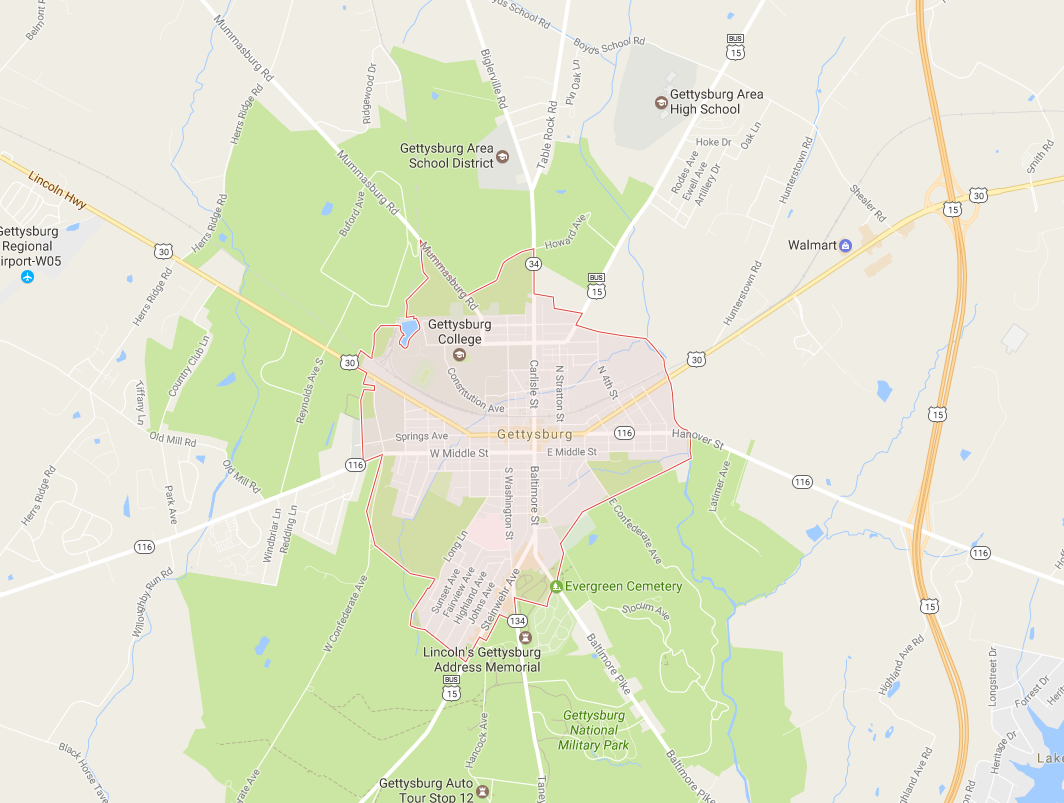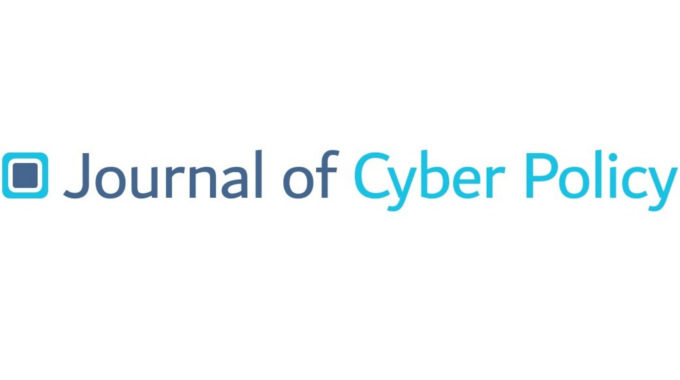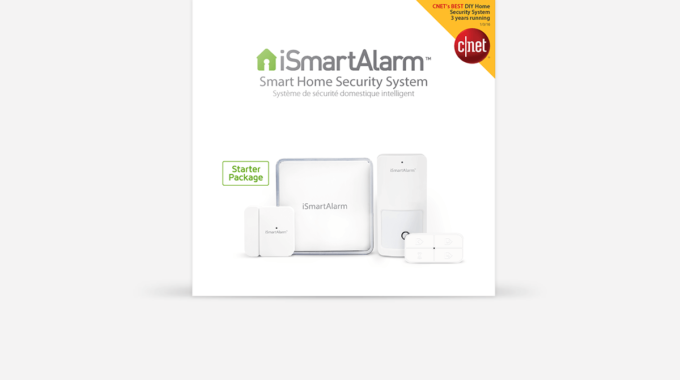
Stronghold Cyber Security featured in Central Penn Business Journal
Former IT staffer at Camp David starts cyber security business in Central Pa.
A Google search for cyber crime images yields hundreds of takes on roughly the same visual: a person in a black, hooded sweatshirt lurking behind a computer screen.
But if you talk to Jason McNew about how best to describe the web users committing such crimes, you’ll hear a different answer.
“The perpetrators of these crimes know exactly what they’re doing,” he said. “They are well-educated, well-funded and organized. This problem is organized crime. They’re college graduates. They operate out of jurisdictions where they know American law enforcement can’t get them.”
Through his new business venture, McNew, a cyber security professional with experience working at the White House Communications Agency and Camp David, hopes to educate professionals and companies about the reality of cyber crime and how to best defend against it.
McNew, 43, of Aspers and his wife, Genevieve, 35, recently launched Stronghold Cyber Security, offering consulting, risk management, vulnerability testing and other services to help small to mid-sized businesses protect their data from cyber threats.
“The average American and small business’ perception of the cyber crime pandemic is not accurate,” he said.
“In order for people to defend themselves, they have to understand what the threat is,” he continued. “It’s not people in hoodies. It’s organized crime.”
From an ISP to the president’s retreat
McNew started his information technology career in the late 1990s working in dial-up tech support for an internet service provider, the now-defunct Eastern Pennsylvania Internet Exchange.
“We were rolling out DSL broadband, which was just becoming commercially available at that time,” he said. “I went from doing dial-up tech support to supporting broadband and doing a little bit of software development and developing some tools.”
A U.S. Air Force veteran, McNew later learned of an opportunity through the National Guard that seemed to line up with his path: a technology-focused post in the White House Communications Agency. It was after 9/11, so the federal government had started spending more money on upgrading presidential technology, he said.
“I was assigned to the Pioneer Program, a $300 million program to upgrade presidential communications,” he said. “They brought myself and a couple other (National Guard) guys in from different spots around the country and they said, ‘We want you to create and run a quality assurance program,’ and they just completely threw us to the wolves. They put together a team, they gave us an initiative and said, ‘Do it.’ So that’s what we did.”
McNew was on the job for 18 months, at times “crawling around the basement of the White House and Camp David and some other places that I can’t talk about, looking at some of the wiring and what contractors were doing.”
McNew built valuable professional connections that eventually led him to a job running the IT help desk at Camp David.
“If somebody had something that didn’t work, whether it was a computer, phone, a Blackberry, a server – it didn’t matter what it was – they would call me and I would go deal with it,” he said.
As one might expect, McNew grew accustomed to working in a high-security environment, where the daily protocol was being greeted by an armed guard asking for identification. He said driving up to Camp David was like entering Jurassic Park, with its large gates and somewhat ominous appearance.
That sense of security is what McNew wants to provide businesses, but on a technical level.
Protecting the backbone of the American economy
A couple career moves and education degrees later, McNew decided to seriously entertain a thought that had long lived in the back of his mind: make the jump from employee to employer.
His focus on wanting to help small to mid-sized businesses stems in part from his upbringing. His grandfather was a “blue-collar millionaire,” running a replacement windows factory. McNew’s first job was sweeping the floor at the factory, “and my first day on the job, he went out to the plant with me and helped me pick up garbage.”
“When your employees see stuff like that, it creates a real impression on them,” he said. “Small business is the backbone of the American economy. The small businesses are the ones really being victimized by the cyber crime pandemic. I think they need help from real cyber security practitioners, and a lot of people that are operating in the IT space really are not qualified to help them.”
The reason cyber criminals target small to mid-sized businesses, McNew said, is because those companies “don’t have the resources that the big boys do.” Large companies have more money to spend on mature security programs. Additionally, McNew said cyber criminals are aware of the high monetary thresholds a cyberattack must meet in order to trigger FBI involvement, so preying on small to mid-sized businesses is less risky for them.
Aside from offering the technology needed for adequate data protection, McNew wants to help businesses create a culture of security, just like most businesses have a culture of safety, dotting their workplaces with safety posters, exit or wet floor signs, and fire drill diagrams.
“Next to those safety posters, I want to see security posters talking about what the threats are to their business,” he said. “I want to be training employees, because technology alone can’t fix this problem.”
Cyber security issues are a people problem, too, McNew explained, citing such risky behaviors as clicking on spam emails unknowingly or using the same password for work as for social media. He wants to teach people how to better protect themselves and in turn protect their employers.
“One of the things we need to do as cyber security professionals is shepherd people into making good decisions, which is very different from installing a firewall,” he said. “We have to change hearts and minds, change culture in a way. Until we do that, there is always going to be a way to get around the technology.”
‘A family endeavor’
Creating Stronghold was a family decision, McNew said. He and Genevieve have four children, all of whom are getting a crash course in entrepreneurship by watching their parents build a company from the ground up.
“This is a family endeavor,” McNew said. “We explained to the kids, we don’t have a money problem, but cash flow is an issue and we have to hunker down on everything.”
It’s been an exciting, scary ride so far, said Genevieve McNew, who is the company’s webmaster and handles marketing and sales. And while the experience has come with sacrifices, it’s teaching their kids that if they can’t find the job they want, “you create one.”



